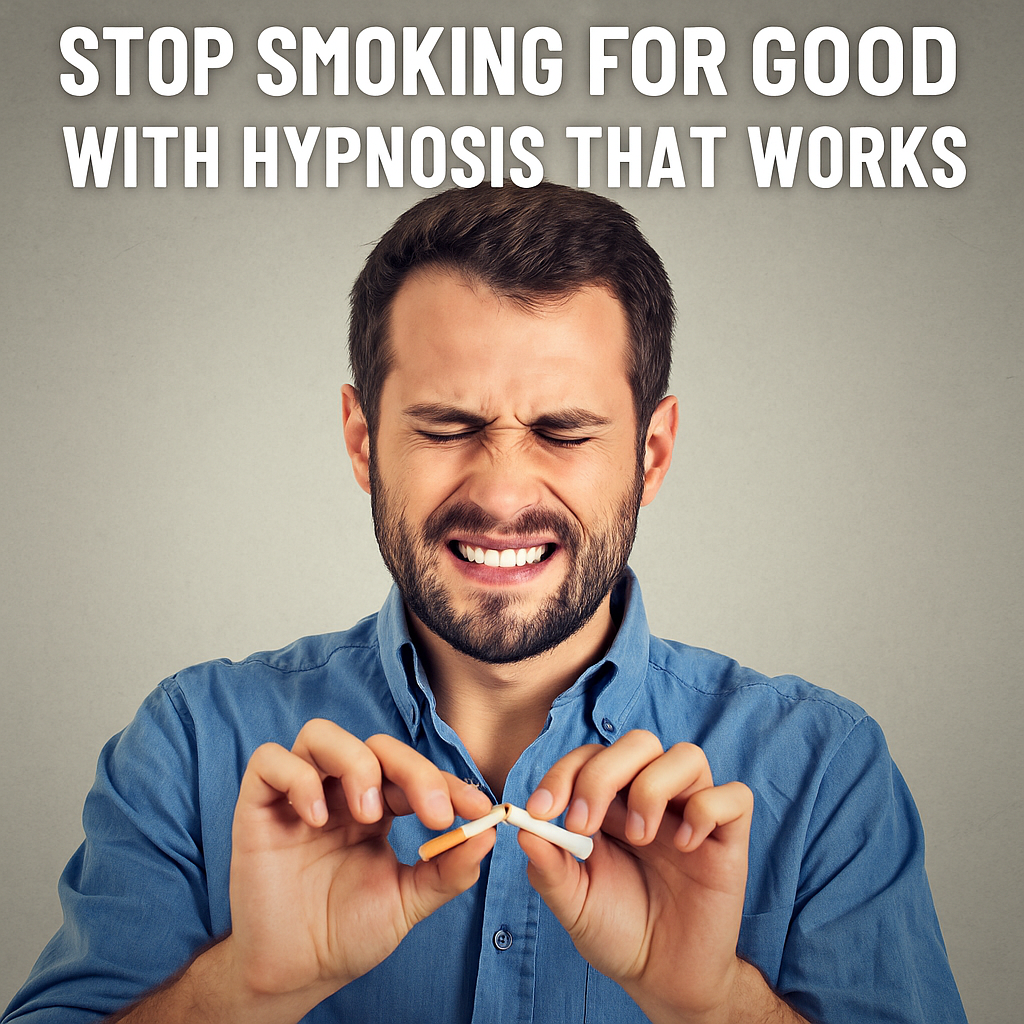How To Heal from Past Trauma: Navigating New Relationships and Dating with Clarity and Confidence
Navigating the complexities of relationships and dating can be especially challenging for individuals who have experienced past trauma. In this article, we’ll explore the profound effects of past trauma on relationships and dating, offering empathetic guidance and practical insights for healing and growth. Additionally, we’ll delve deeper into the role of hypnosis as a powerful tool for overcoming trauma and finding clarity and confidence in relationships.
Understanding the Impact of Past Trauma
Past trauma can deeply affect our ability to form healthy connections with others. It can lead to feelings of fear, distrust, and low self-worth, making it difficult to establish and maintain fulfilling relationships. Traumatic experiences such as abuse, neglect, or abandonment can create barriers to intimacy and communication, hindering our ability to engage authentically with partners.
Effects on Self-Understanding
Past trauma often distorts our self-perception, leading to feelings of shame, unworthiness, and self-doubt. Individuals who have experienced trauma may struggle to set boundaries, express their needs, or assert themselves in relationships, fearing rejection or abandonment. This lack of self-confidence and self-awareness can contribute to patterns of unhealthy behavior and communication in relationships.
Navigating Relationships
Healing from past trauma requires self-compassion, self-awareness, and a commitment to personal growth. It’s essential to acknowledge and confront painful emotions and beliefs, seeking support from trusted professionals and loved ones along the way. Therapy, support groups, and holistic approaches such as hypnotherapy can provide valuable tools and resources for healing past wounds and building healthier relationships.

The Role of Hypnosis in Healing
Hypnosis, in particular the revolutionary One Belief Away Hypnosis Method
, is a powerful therapeutic tool that can aid in the healing process by accessing the subconscious mind and rewiring negative thought patterns and beliefs. Through hypnotherapy, individuals can address trauma stored in the body and mind, allowing for deep emotional healing and transformation. Hypnosis can help individuals release pent-up emotions, overcome limiting beliefs, and develop resilience in the face of past trauma.
Hypnosis Method
, is a powerful therapeutic tool that can aid in the healing process by accessing the subconscious mind and rewiring negative thought patterns and beliefs. Through hypnotherapy, individuals can address trauma stored in the body and mind, allowing for deep emotional healing and transformation. Hypnosis can help individuals release pent-up emotions, overcome limiting beliefs, and develop resilience in the face of past trauma.
How Hypnosis Helps:
- Accessing the Subconscious Mind: Hypnosis allows individuals to access the subconscious mind, where deeply rooted beliefs and emotions reside. By exploring and reframing these beliefs in a hypnotic state, individuals can gain new insights and perspectives on past traumas, allowing for healing and resolution.
- Rewiring Negative Thought Patterns: Trauma can create negative thought patterns and beliefs that perpetuate feelings of fear, shame, and unworthiness. Through hypnosis, individuals can identify and reprogram these patterns, replacing them with more empowering and positive beliefs about themselves and their relationships.
- Releasing Emotional Baggage: Hypnotherapy can help individuals release pent-up emotions and trauma stored in the body and mind. By accessing deep states of relaxation and trance, individuals can safely process and release unresolved emotions, freeing themselves from the emotional weight of past traumas.
- Building Self-Confidence: Hypnosis can boost self-confidence and self-esteem by instilling a sense of empowerment and self-belief. Through guided visualization and positive suggestions, individuals can cultivate feelings of worthiness, resilience, and inner strength, enabling them to approach relationships with clarity and confidence.
Practical Tips for Healing and Growth
In addition to hypnosis, individuals can take proactive steps to support their healing journey:
- Seek Professional Support: Consider seeking therapy or counseling to explore and process past trauma in a safe and supportive environment.
- Practice Self-Care: Prioritize self-care activities that nourish your mind, body, and spirit, such as exercise, meditation, and spending time in nature.
- Set Boundaries: Learn to set and enforce healthy boundaries in your relationships, both with yourself and others.
- Communicate Openly: Practice open and honest communication with your partners, expressing your needs, feelings, and concerns openly and respectfully.
- Cultivate Self-Compassion: Be gentle and compassionate with yourself as you navigate the healing process, recognizing that healing takes time and patience.
Healing from past trauma is a courageous and transformative journey that requires patience, self-compassion, and support. By incorporating hypnosis into their healing toolkit, individuals can access the subconscious mind, rewire negative thought patterns, and release emotional baggage, paving the way for deeper healing and personal growth.
Remember that you are worthy of love, respect, and happiness, and that healing is possible with time, support, and self-care.
To learn more about One Belief Away Hypnosis and experience a FREE session, watch my program.
Hypnosis and experience a FREE session, watch my program.



